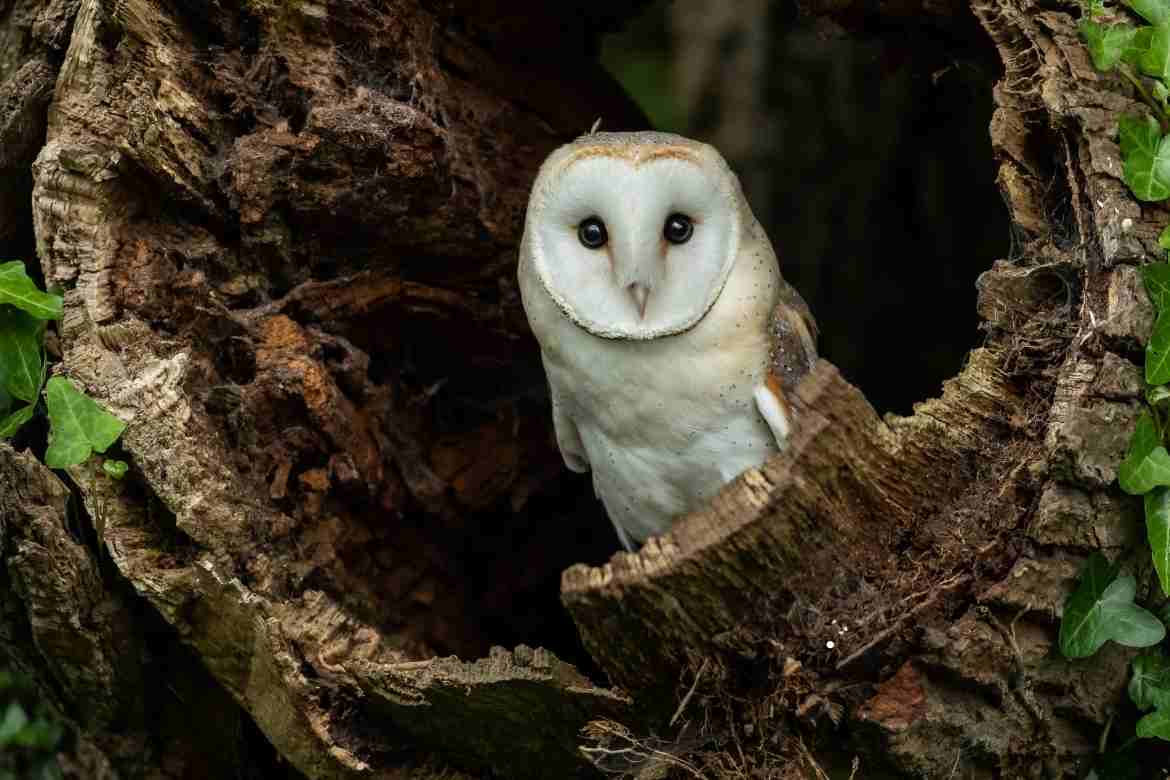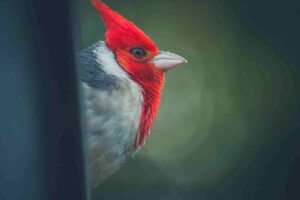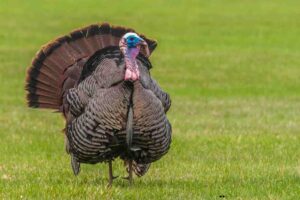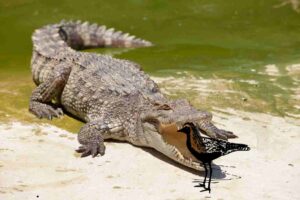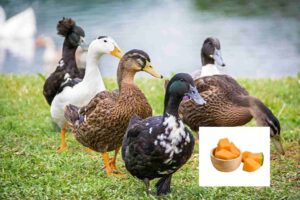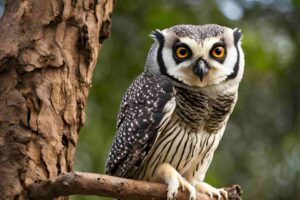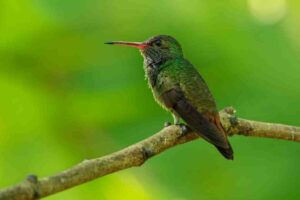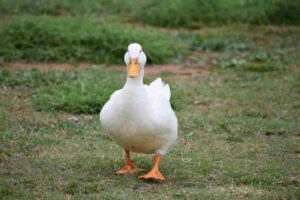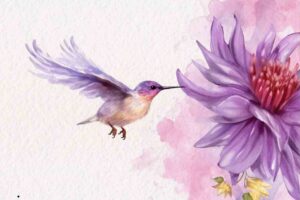Owls, the iconic nocturnal hunters of the avian world, occupy a unique niche in the ecosystem. Renowned for their exceptional night vision and silent flight, these birds of prey have a diverse diet that raises intriguing questions. Among the most common queries is whether owls eat squirrels. In this article, we’ll delve deep into the dietary habits of owls, explore which species target squirrels, and examine how seasonal changes affect their hunting patterns.
Do Owls Eat Squirrels at Night?

Owls are nocturnal predators; therefore, they have their active period at night. This is one characteristic that has seen them become efficient predators of a host of small mammals, among them being squirrels. Many species of owls have been noted hunting squirrels at night in the most efficient way, including the Great Horned Owl and the Eastern Screech Owl. The efficiency with which they see the prey under low light is one reason they are the most effective hunters.
Squirrels are agile and quick; however, they are easily caught because of the silent approach of owls, especially during dawn or dusk when predators and preys are active. Having equipped with advanced hunting ability and keen hearing, they can easily catch squirrels’ slightest movements, thereby making night hunting effective.
- explore the info about Sparrow Symbolism – The Meaning of These Modest Birds
Which Owls Eat Squirrels?

Not all species of owl prefer squirrels as prey; however, some are known to prey upon them. Here is some of the most significant species documented to eat squirrels.
Great Horned Owl (Bubo virginianus)
One of the biggest and most versatile owls in North America is the Great Horned Owl. Its diet varies from small rodents to birds. Notably, these are powerful birds that can even catch squirrels at night.
- Eastern Screech Owl (Megascops asio)
Smaller than the Great Horned Owl, the Eastern Screech Owl is still an effective predator. They often hunt for mice, insects, and occasionally, squirrels, especially the younger and smaller ones.
Barred Owl (Strix varia)
Barred Owls are known for their deep hoots and preference for mature forests. They primarily consume rodents, birds, and occasionally squirrels, particularly in regions where other food sources are scarce.
Barn Owl (Tyto alba)
Although Barn Owls mainly prey on small rodents, they are opportunistic feeders and can consume squirrels if other prey items are less abundant.
Western Screech Owl (Megascops kennicottii)
As with its eastern counterpart, this owl species employs the same hunting strategies and diets. They can consume squirrels, especially in urban and rural environments where squirrels are prevalent.
Knowing which owls eat squirrels can be helpful in understanding their dietary preferences. Each species has its unique hunting strategy, which enables it to survive in its environment.
- Explore the Do Madagascar Owls Eat Snakes?
What Does an Owl Eat?

The diet of owls can be quite diverse and varies significantly across species and locations. While owls are primarily known for preying on small mammals, their diet may also include:
- Rodents: Mice, rats, and voles are common food sources for most owl species.
- Birds: Most owls prey upon smaller birds.
- Insects: Some small owls have insects as their main food source.
- Reptiles and Amphibians: Depending on their habitat, owls consume snakes or frogs.
- Fish: Some owl species, like the Fish Owl, feed on fish.
Owls usually take their prey by stealth and surprise. Their talons are powerful and suited for catching prey at once. When owls seize their preys, they usually eat the whole body and expel any indigestible parts-such as bones and fur-as pellets.
- Explore the journey about What Does a Great Horned Owl Sound Like?
Does an Owl Eat Squirrel During the Day?
While owls are nocturnal, some species hunt during the day, especially if food is scarce. It is rare but not impossible for owls to be active during daylight hours. Daytime hunting may occur in areas where human activity pushes owls into exploring different hunting patterns or when they learn to adapt to minimize competition with other birds of prey.
For instance, in urban areas, a number of Great Horned Owls may hunt during the day if they have learned how to navigate human activity. While daylight hunting is the exception for most owls, it can occur in some circumstances.
Do Owls Eat Squirrels?
Owls definitely feed on squirrels. Day and night, any opportunity they may seize is possible, and thus, those squirrels join a number of species in owls as part of the diet they consume. That’s an adaptation by different species among owls which has happened to include squirrel dieting while they are extremely prevalent in other habitats.
These rodents are difficult prey for larger animals with agility, but their smaller size puts them at an equal disadvantage when larger predatory birds like owls are the predators. While adult squirrels may prove more elusive, baby squirrels, especially during the first couple of months, become much easier preys.
Do Owls Eat Squirrels in the UK?
The most common species of owl found in the UK are the Barn Owl, Tawny Owl, and Little Owl. These owls mainly prey on small mammals, such as voles; however, they will kill squirrels if they encounter them. The Tawny Owl has been recorded taking gray squirrels.
With the rise in numbers of gray squirrels throughout the UK, these owls have learned to add them to their list of captured prey. The hunting capabilities of these owls alongside the availability of squirrels makes it a feasible dietary intake, though not necessarily a favourite.
What Do Owls Eat Besides Squirrels?
As mentioned above, diet varies greatly between species and location. Other than squirrels, owls typically like to eat:
- Mice and Rats: These are usually the primary food source for most owl species because they are readily available and abundant.
- Rabbits and Hares: Larger owl species will often hunt and eat these larger mammals as part of their diet.
- Birds: The smaller birds, such as sparrows and finches, are preyed upon by various owl species.
- Insects: El owls, for instance, may mainly feed on insects, especially during warm weather.
- Other Mammals: Owls will adapt their diet to include whatever other mammals are available in their range, including weasels and shrews.
Do Owls Eat Squirrels in Winter?
During winter months, many wildlife species have to face challenges, as is the case with owls. Owls change their hunting strategies when fewer resources are available. Such adaptation typically involves aggressive hunting of prey, including squirrels, that are available at that time.
Squirrels are less active during winter, especially when food is scarce. However, some owl species are well-adapted for hunting even in the colder season. For example, the Great Horned Owl continues to hunt through winter, often targeting rodents and squirrels that have not holed up for the colder months.
If you see an owl around your place, the winter months are a great time to observe them hunting since they could be more conspicuous because there is less foliage in trees.
Conclusion
Owls do eat squirrels. Larger species of owls hunt at night, and thus, various species of owls, such as the Great Horned Owl and the Barn Owl, include squirrels in their diet. While hunting primarily at night, some owls can adapt to hunt during the day if necessary. As opportunistic feeders, owls will take advantage of whatever is available to survive through the seasons, including winter.
FAQs:
Are owls intelligent?
Yes, owls are often viewed as intelligent due to their ability to adapt, problem-solve, and exhibit complex behaviors in hunting and survival.
What do owls do at night?
Do Owls Eat Squirrels are primarily nocturnal hunters, using their keen eyesight and hearing to locate and catch prey such as rodents, insects, and small birds.
What sounds do owls make instead of crying?
Owls communicate through a variety of vocalizations, including hoots, screeches, and whistles to express their needs or emotions.
